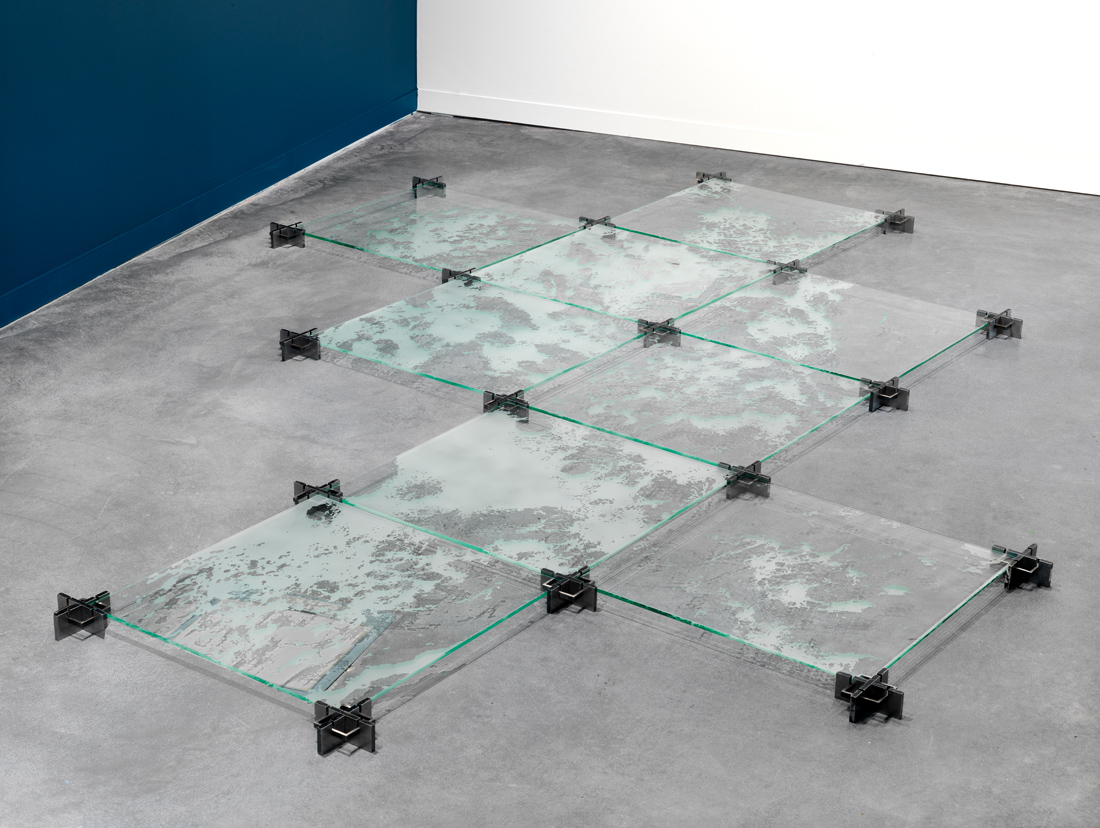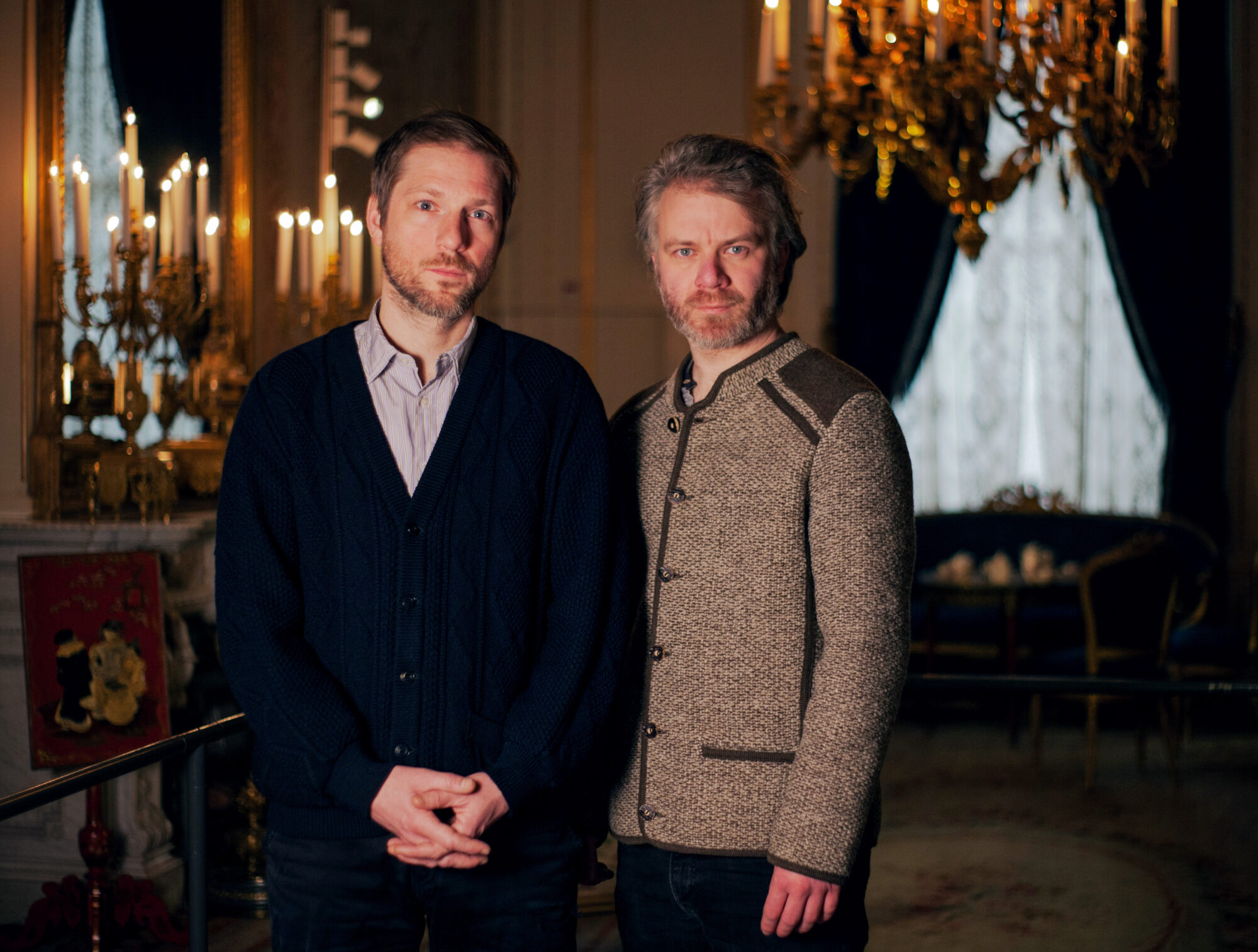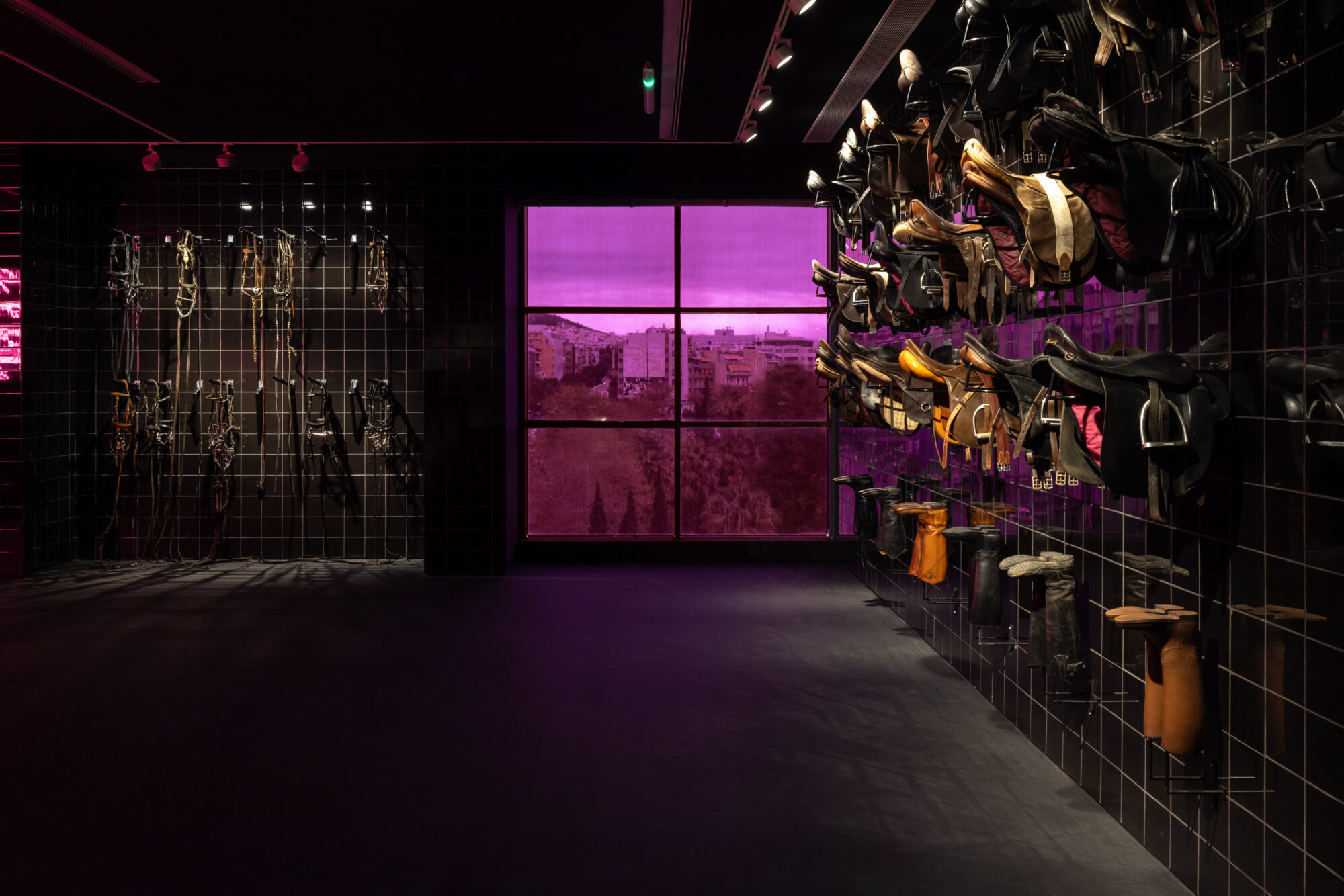
Join us on Tuesday 30 September for the ART SCIENCE dialogue with artist Suzette Bousema and scientist Mirja Schroderer. Can our destructive relationship with water and the life it harbours be reversed? In this ART SCIENCE dialogue, Suzette Bousema’s work provides the foundation for a conversation about how human life has impacted water quality and marine ecosystems, and how we might find a path to restoration.
In Suzette Bousema’s (NL, 1995) multimedia installation Dead Zones, natural, artistic, and scientific processes intersect, revealing how human activity on land has even penetrated the oceans. Dead zones are areas of the ocean with low oxygen levels. In human-induced dead zones, microalgal blooms in coastal waters are fuelled by fertilisers from agriculture and other waste streams. For her project Dead Zones, Bousema conducted field research herself, diving in the Dutch Grevelingenmeer to study these areas. In her artistic practice, she collaborates with other artists and scientists.
The event takes place at the VU ART SCIENCE gallery and will be moderated by Manuela Zammit. Suzette Bousema’s documentary Dead Zones will be screened at 16:00, prior to the dialogue.
About the speakers
Suzette Bousema (NL, 1995) visualises contemporary environmental issues in collaboration with scientists. The state of our planet and our place within it form the basis of her work: the ways in which humans intervene in nature and how we relate individually to the Earth. She works interdisciplinarily, combining photography, graphic techniques, glassblowing, weaving, sound, scent, and organic materials such as seaweed. Suzette Bousema graduated in 2019 from the Royal Academy of Art, The Hague (NL).
Mirja Schroderer is an Assistant Professor at the Department of Environmental Policy Analysis (EPA) at the Institute for Environmental Studies (IVM). Her research focuses on disputes over the use and control of natural resources, with a current emphasis on water, the extraction of minerals and metals, and biodiversity conservation. She is interested in how (in)just socio-natural conditions emerge through the interplay and mutual construction of biophysical conditions, cognitive-symbolic factors (such as discourses and social imaginaries), and institutional frameworks, as well as their implementation across different governance levels.
Manuela Zammit is a contemporary art historian and critic based in the Netherlands. She currently coordinates the Research & Development department at the Nieuwe Instituut (Rotterdam) and teaches contemporary art and culture at Vrije Universiteit Amsterdam. Her articles regularly appear in Metropolis M, academic journals, and other, more experimental platforms. In 2023, she completed a research master’s in Critical Studies in Art and Culture at Vrije Universiteit Amsterdam.

